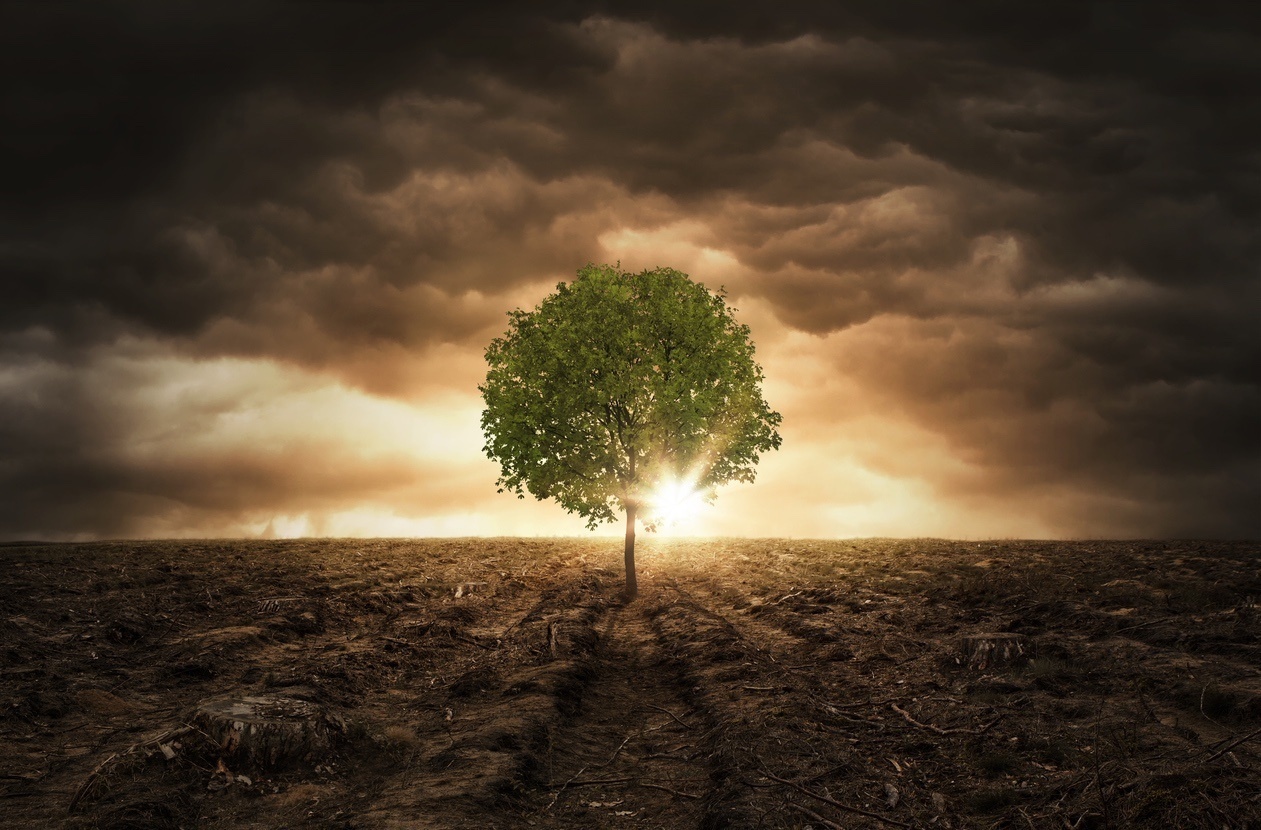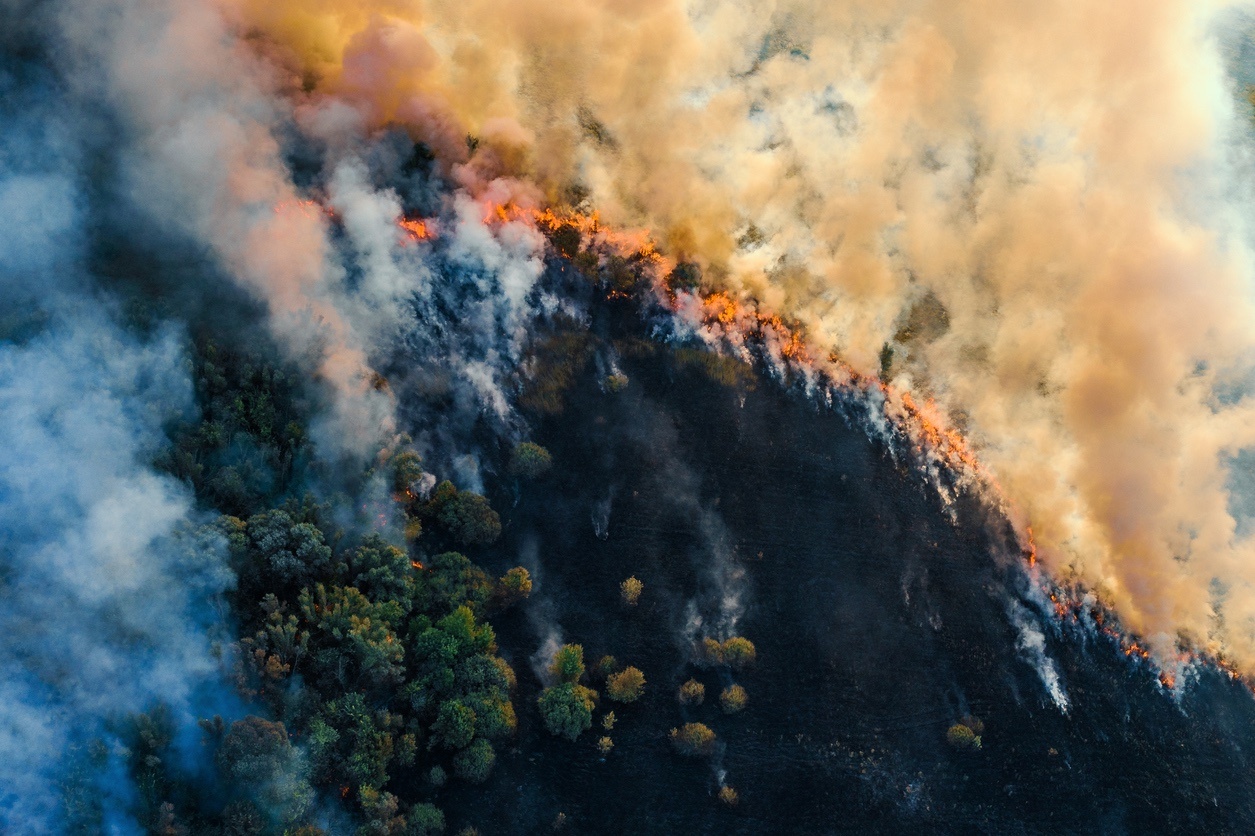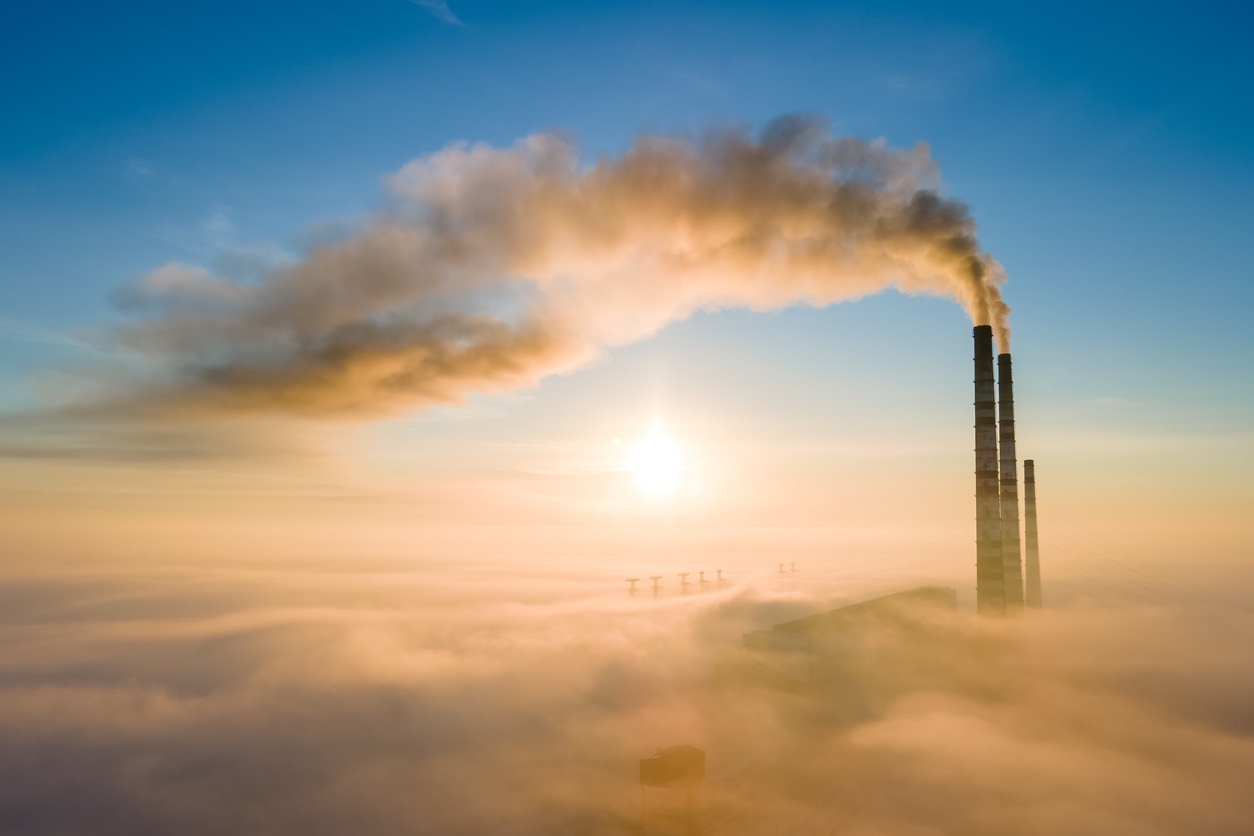Silent Transformations
Engaged Mindfulness and Ecological Education for the Environmental Crisis


Silent Transformations is an educational nonprofit bringing together mindfulness, ecopsychology, environmental justice, and climate education into transformational programming. The objective of Silent Transformations is to support and educate individuals, communities, and institutions experiencing the psychological stresses and injustices of the environmental crisis. Our process aims to turns eco-anxiety into eco-responsivity.
The American Psychology Association (APA) describes eco-anxiety as “the chronic fear of environmental cataclysm that comes from observing the seemingly irrevocable impact of climate change and the associated concern for one's future and that of next generations.” [1]
While mitigating the worst outcomes of climate change remains vital, numerous scientists and leaders propose that resilience, addressing human psychology, and “deep adaptation” is required to face imminent changes in our climate and their increasing social impacts.[2] [3] These changes effect our economy, politics, and social institutions, inevitably influencing our emotional states. Rooted in environmental justice, it is necessary to recognize that climate change, the impact of extractive industries, and environmental contamination are not shared equally: it is the most marginalized communities— often Indigenous groups and People of Color, and those in the global south—that bear the most emotional and material stresses.
One (necessary but insufficient) level of adaption is personal and psychological: learning to skillfully face the eco-distress, denial, anxiety, anger, depression, helplessness, and other emotions that pose increasing mental-health risks [4] [5]. These emotions can also block effective and resilient responses [6]. Evidence-based mindfulness and ecopsychology are successfully used to support preparation-for and responses-to ecological disruption [7]. Relying on contemplative methods and group process, Silent Transformations (ST) is a cutting-edge approach to healing and education for an intensifying global challenge.
Silent Transformations has successfully run numerous full-day and weekend workshops and online events connecting or collaborating with:
- the Sierra Club
- the World History Center at the University of Pittsburgh
- the school of design at Carnegie Mellon University, “Future Lab"
- Carnegie Mellon School of Art
- Phipps Conservatory
- The “Anthropocene” exhibit, Carnegie Museum of Natural History
- Awaken Pittsburgh
- The Museum of PostNatural History
- One Earth Sangha
- City of Bridges High School
- The Climate Healing Incubator (with a grant from the Heinz Endowment)
Silent Transformations is a participant in the multidisciplinary “The Epoch of Loss” project based out of the University of Pittsburgh.
Request a Silent Transformations training
Timeframe of Programming. There are our primary ST programs:
- ST Class: This one-to-three hour session presents introductory education about ecological disruption with a regional emphasis on local ecologies, food systems, histories etc. (for example on the Western PA and Pittsburgh region). It then offers supportive, mindful exercises to explore emotional reactions that shift us from denial, anxiety, and apathy into energetic involvement. The class is ideal for anyone wanting to explore their personal response to the climate crisis, including all ages: children, teens, and adults. Venues for delivery could include schools, museums, businesses, government institutions, interfaith or religious groups, and NGOs.
- ST Course: This is a four-part course: the delivery schedule could be customized to fit the context, e.g. 1 hour every week, 2 hours every other week, 1 hour every other week over 8 weeks, etc. Part 1: the foundations of mindfulness, land-based practices and ecological issues. 2: eco-psychological inquiry methods, focuses on a specific regional theme (e.g. air pollution). 3: tensions between acceptance and action. 4: responsive practices.
- ST Retreat: Depending on the need of the organization, this can be a one to four-day retreat. It includes intensive exploration of mindful skills and eco-psychology principles. It can be tailored for specific communities. For example, a retreat would be ideal for non-profit communities facing burnout around ecological change or a corporation in the field (a fossil fuel energy company). The retreat aims to educate, replenish, inspire, and deepen personal and collective capacities for action.
- ST Individual Coaching: Individual sessions to help people work with anxiety, fear, despair, and uncertainty around ecological themes. Coaching is ideal for leaders.
[1] http://www.lifeworth.com/deepadaptation.pdf A recent Yale survey found that 70% of Americans are “worried” about climate change, 29% are “very worried” and 51% feel “helpless.”

As the climate crisis intensifies and ST develops, we plan to offer “Train the trainer” workshops for leaders of nonprofits, schools, churches etc. This would empower our community partners to take ownership of the process and encourage local resilience.
- Silent Transformations serves any individuals or institutions that are concerned with the impacts of the ecological crisis. This includes, especially, front-line activists, social workers and healing professionals, and those in industrial development, the fossil fuel industry, and business connected with environmental issues. This also includes institutions, such as Phipps or universities that deal with ecological and climate themes. Alternative versions could orient towards adolescent populations who increasingly face anxiety and depression regarding the climate crisis.
- The personnel involved would include a director to oversee and design the initiatives (Dr. Lobel), curriculum/workshop development and an administrative assistant to work with marketing, communications/media, and scheduling. We are currently working with four-five local experts in ecopsychology, mindfulness, and ecological issues who will be hired per program offering.
- This would be a groundbreaking initiative. Yet comparisons could be made to Joanna Macy’s “work that reconnects,” The Pachamama Alliance, HOLOS Institute, Schumacher Institute initiatives, and Andy Fischer’s Radical Ecology.


